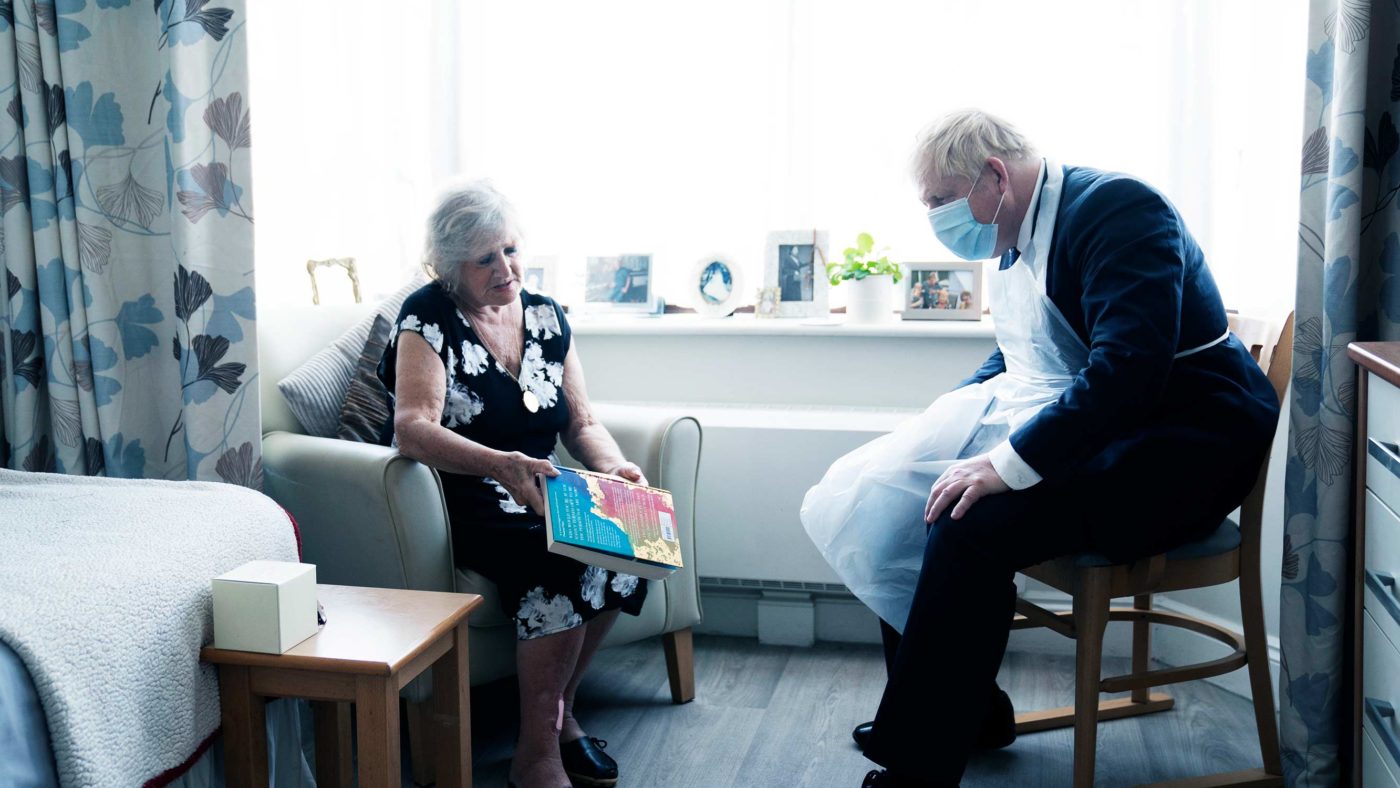England’s social care system has been in crisis for decades; our ageing population means that demand for is higher than ever before – and that demand has not yet been matched by adequate funding or support from government. As Integrated Care Systems (ICSs) are set to gain statutory footing on July 1, the Government has a rare opportunity to improve social care by properly integrating health, care, and other health services at the local level.
If the systems are integrated successfully and social care is treated as an equal partner to the NHS, social care will benefit from higher and more consistent funding, a better equipped workforce, and improved care for patients as a result of improved communication between health and care departments.
Last year, the Health and Care Bill was a key focus of the Queen’s speech, which laid out intentions to rebuild the health of the nation and our health and care services following the first year of the pandemic. It was essential that this recovery and reconfiguration of health and care was a priority at this time. The Health and Care Bill, now the Health and Care Act, formalises Integrated Care Systems (ICSs) as local commissioners of NHS services. However, further action and guidelines are needed for successful integration.
Better social care services will provide a better quality of life for vulnerable people living in our communities as well as the people who support them. Public perception of the universal importance of social care may be limited by individual biases regarding one’s own future vulnerability – it is challenging to consider oneself as older or more vulnerable than at present.
However, the Kings Fund estimated that in 2019/20, 848,530 adults received publicly funded long-term social care, with an additional 231,295 episodes of short-term care. The real numbers of those in need of care are projected to be higher, given that they estimate only 45% of people requesting support receive some form of service.
These numbers suggest a high proportion of us will be in receipt of social care at some point in our lifetime. Investing in the improvement of social care now means not only supporting vulnerable members of society now, but also means investing in all of our futures.
More broadly, improvements in social care have a direct impact on the NHS and wider health services. Social care and the NHS have a symbiotic relationship: improvement in health services mean that people live longer, and are more likely to need support from social care in later life. Conversely, more efficient social care services relieve pressure on the NHS, by making hospital beds available and reducing preventable accidents and illnesses. Integrating health and care, and the betterment of the services, will be for the benefit of all.
Despite this, ahead of this year’s Queen’s speech, we must ask ourselves whether government priorities have shifted. In the midst of the cost-of-living crisis, the Russian war on Ukraine, and Partygate politics, attention has visibly drifted from health and care.
Although the Health and Care Act has received Royal Assent, reconfiguration of health and care is not a done deal; now is when the real work on integration should begin. The formalisation of ICSs does not in itself ensure that proper integration of the systems will take place, nor that the struggling social care system will be successfully elevated.
A report published today by Public Policy Projects lays out practical recommendations for ensuring the successful integration of health and social care within ICSs. The report focuses on improvements in social care status and funding, alongside an incorporation of social care representatives into ICS leadership structures to encourage integration of health and social care as equal partners.
Recommendations include:
- Formal qualitative research into the benefits that social care can have on quality of life, independency, isolation, relationships, and general wellbeing. This should be combined with formal quantitative research into the impacts that properly funded social care can have on the NHS, including quantifiable information about hospital bed availability and the economic impact of the reduction of accidents and preventable illness.
- Clearer public guidelines on how to access social care services within a given area, and the creation of a social care app, similar to that of the NHS, to act as a central portal for all who require social care services
- Standardised minimum pay bands across all social care providers, which match the equivalent bands in the NHS
- Clear guidelines for leadership structures within the NHS, including a representative of local authorities on Integrated Care Boards (ICBs), responsible for voicing the needs of social care in the ICS.
The Health and Care Act should not be a veil behind which decision-makers can hide; it has not ‘saved’ social care as Boris Johnson promised, and it has not ensured full integration. The integration of health and social care must be continually assessed, as a priority, until it works. Some recommendations in the report will be big steps for the sector, but if implemented there may still be the chance to fix social care.
Click here to subscribe to our daily briefing – the best pieces from CapX and across the web.
CapX depends on the generosity of its readers. If you value what we do, please consider making a donation.


